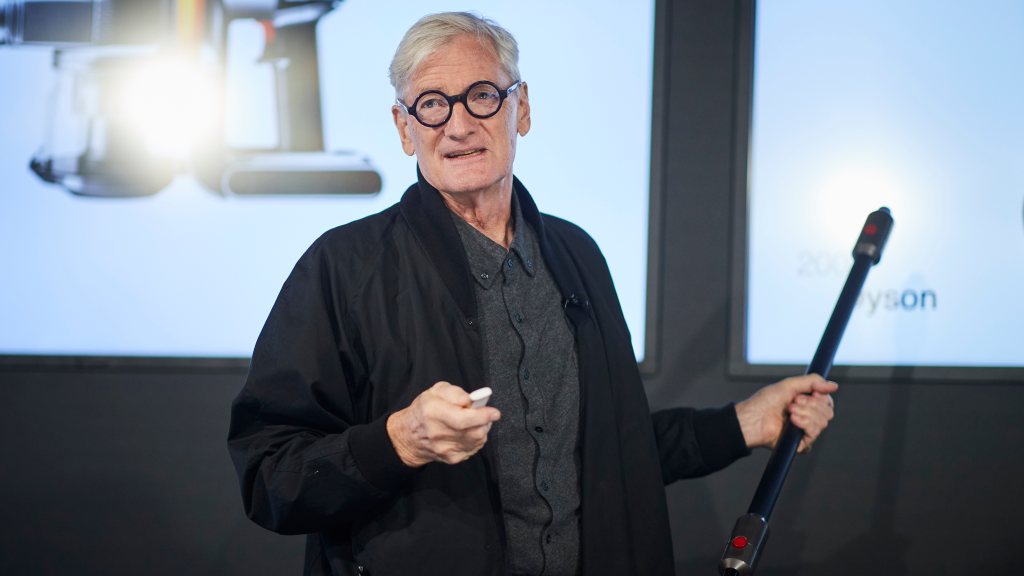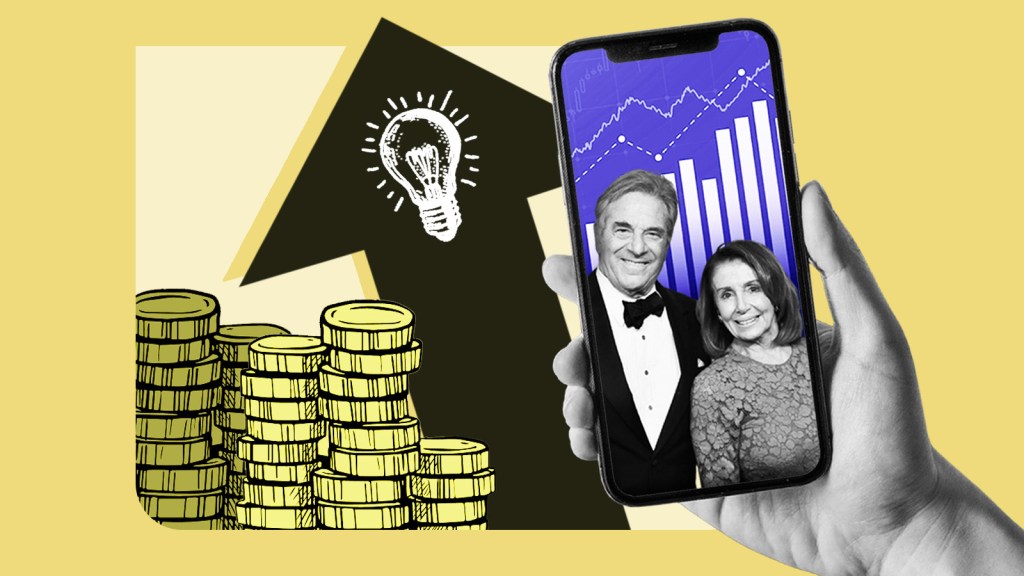Investing in Europe: Opportunities Amid Political Turmoil
Despite political turmoil, including government collapses in France and Germany, investors should keep an eye on promising economic prospects in Europe. With the pound recently reaching a post-Brexit peak against the euro, trading above €1.20, it’s an opportune moment to explore investments beyond the U.S. market, where portfolios may have overly concentrated.
One notable company is EssilorLuxottica (stock ticker: EL), a global leader in eyewear, manufacturing nearly one-third of all optical lenses. Although not widely recognized in the UK, demand for its products continues to rise as people spend more time on digital devices. I invested in its shares at €96 back in March 2019, and the price has since climbed to €233, positioning it as my fifth most valuable holding. The company has entered the smart glasses market through a partnership with Meta Platforms (META), integrating technology with style to offer features like internet access and discreet hearing aids.
EssilorLuxottica is well-known for brands such as Oakley and Ray-Ban, and it also produces high-fashion eyewear for luxury brands like Armani and Prada, in addition to creating iconic Chanel shades worn by Vogue’s Anna Wintour.

With a robust gross profit margin of 62%, the company faces net margins of around 9% due to research and operational costs, yielding a return on investment (ROI) of 5%. Listed in Paris, EssilorLuxottica boasts a valuation of €105 billion (£87 billion) but trades at a high price of 38 times earnings, with a modest dividend yield of 1.7%, albeit averaging 14% growth annually over the past five years.
Another key player is Adidas (ADS), based in Frankfurt, which ranks as the second-largest sports goods company globally, following Nike. The company has thrived due to increasing fitness awareness and the commercialization of sports. I acquired shares for €61 in July 2014, though the journey has been turbulent, marked by setbacks such as a consumer boycott in China and controversies involving celebrity endorsements. Despite these challenges, Adidas remains solid, producing everything from World Cup footballs to rugby kits for the upcoming Six Nations Championship. The pandemic even boosted sales as remote working led to a shift in casual wear.
Adidas operates with a gross margin of 50%, translating to only 2% net profit due to high sponsorship expenses, resulting in an ROI of 4%. Following controversies, the dividend was cut to just 0.3%, yet optimism regarding future payouts helped the share price rise to €241.
Heineken (HEIO), founded in Amsterdam, claims the title of the second-largest brewer, standing right after Anheuser-Busch InBev. While some beer aficionados might overlook it, Heineken remains popular among millions of consumers. The company has adapted to changing consumer preferences by launching alcohol-free options such as Heineken 0.0, which saw a 20% sales increase in pubs last year.
Despite operating in a crowded marketplace, Heineken manages a gross profit margin of 34%, with net margins at 4% and the same ROI. Shares purchased for €45 in January 2014 now trade at about €60.
Fidelity European (FEV), a £1.5 billion investment trust listed in London, diversifies risk across holdings, including EssilorLuxottica and Novo-Nordisk (NOVO), known for its weight-loss products. Additionally, ASML Holdings (ASML) specializes in semiconductor manufacturing, presenting another intriguing investment opportunity, though I prefer to avoid direct investment in unfamiliar sectors.
Investing in European stocks might seem unfavorable compared to U.S. counterparts amidst political strife, yet value may emerge for those looking for opportunities.
Spotlight on Aperol and Stock Investments
Reflecting on investments in beverage companies leads to the cautionary thought: “First the man takes a drink, then the drink takes a drink, then the drink takes the man.” My experience in this sector has been a mix of highs and lows.
Notably, I invested in Fever-Tree (FEVR) at £2.11 in 2015 and later sold half my holdings for £36.52 in 2018 to afford a coastal cottage. Conversely, I encountered losses with Rémy Cointreau (RCO), where I bought shares for €77 in June, but saw them drop to €65 by October, illustrating how trade wars can impact profits.
Currently, I have invested a small portion of my savings into Davide Campari Milano (CPR), a diversified producer of iconic brands like Courvoisier and Grand Marnier. Despite facing setbacks from Chinese tariffs, Campari’s broader range, including the signature Aperol, may offer resilience in the market.
Although Campari’s shares recently reached seven-year lows, the new CEO, Simon Hunt, formerly of William Grant, brings a sense of optimism for recovery. Encouragingly, the Garavaglias, the family’s controlling interest, are actively purchasing shares, which signals confidence in future performance.
With a remarkable legacy since 1828, I invested in Campari shares at €6.10 recently, hoping for a revival as they were priced at €6.28 last Friday.
Full disclosure: Ian Cowie’s shareholdings




Post Comment